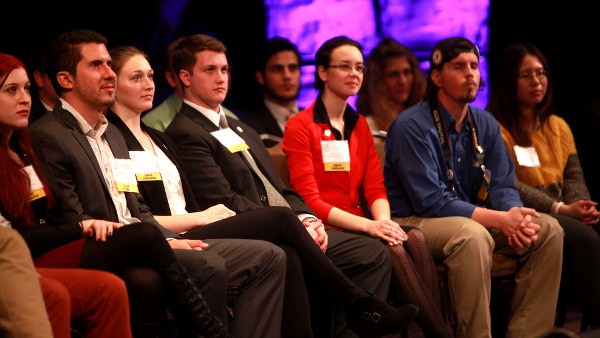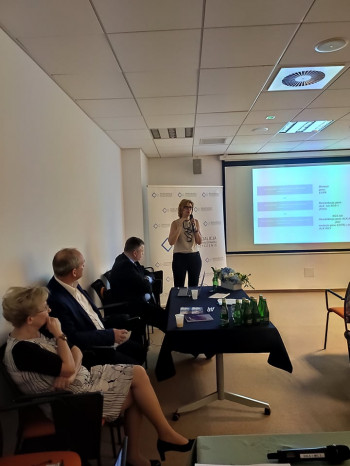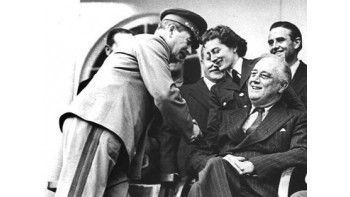In my life I hired and fired tens of economists in various banks, government institutions, consulting firms and at the university. So I approached the task of defining competences (knowledge, skills, attitudes) of university graduating economist (bachelor) in the following way: what competences the economist should have so that I will decide to hire him/her as my team member. The results are below:
Knowledge
1. Can read and understand scientific papers in Kazakh/English or Russian/English (depending on chosen language of study) including scientific papers that apply formal (mathematical) economic models. Can apply formal economic models in real life problems, including problems in global, regional, national, government, firm and household dimensions. Understands the shortcomings of economic models and is able to select right model to solve given real life problem
2. Is able to use economic models and professional programs to analyze economic data on international, macro and micro scale. Can verify the quality of economic data, knows how to find reliable sources of quantitative economic data, works well with qualitative economic information, is able to use economic models to find regularities in economic data, is able to make professionals forecasts and understands the sources of forecast errors and implications of such errors.
3. Is able to read economic and financial press and can explain the phenomena presented in such press using economic models.
Skills
1. Can write scientific papers that use economic models, can write essays in the field of economics that explain complex economic problems in simple, non-technical text that can be understood by readers that do not have formal economic training.
2. Can defend the results of his/her economic analysis before fellow economics (during seminars or conferences), can present results of his/her economic analysis to different types of audiences (e.g. business professionals, fellow economists, people from other fields) such that results of his research can be understood and appreciated.
3. Uses modern technologies to conduct professional economic analysis, such as professional analytical programs, Excel, and open source tools. Is able to quickly learn how to use new economic and analytical tools, understands and interprets the results of use of such tools.
Attitudes
1. Regularly reads professional economic literature to continuously upgrade his/her economic knowledge/skills. Understands the importance of regular upgrade of his/her economic knowledge/skills.
2. Naturally analyzes various situations, problems and issues using economic theory and economic analytical skills.
3. Understands the role of economist in various organizations, institutions and situations and never compromises the professional integrity of economist when conducting economic analysis.
I value these competences irrespectively of the field of specialization (macro, micro, labor economics, international economics, knowledge economics etc.).
Comments welcome. Do you agree? Will you define desired economist competences in a different way?


















"A niechaj narodowie wżdy postronni znają,
iż Polacy nie gęsi, iż swój język mają."
"Let it by all and sundry foreign nations be known
that Poles speak not Anserine but a tongue of their own.
Mikołaj Rej